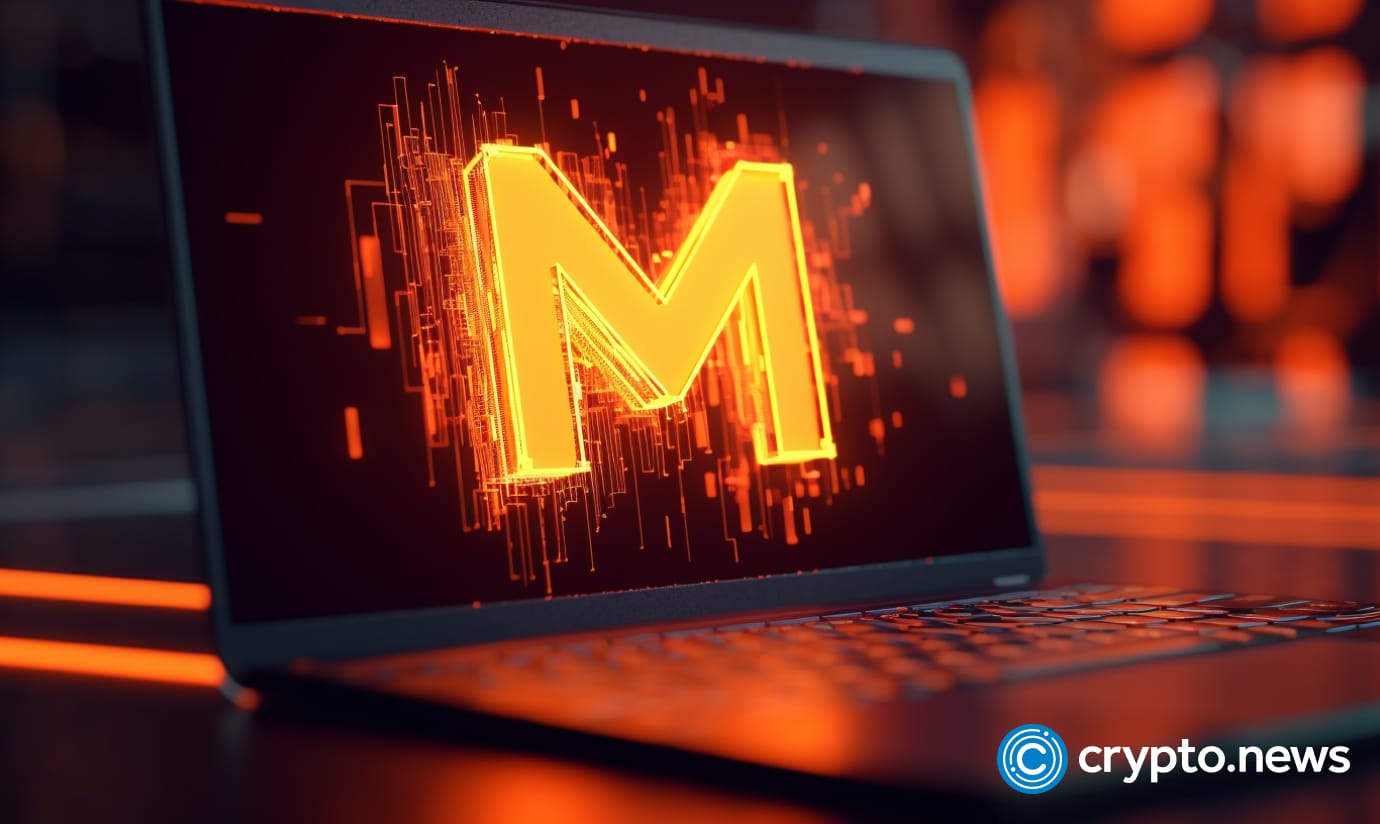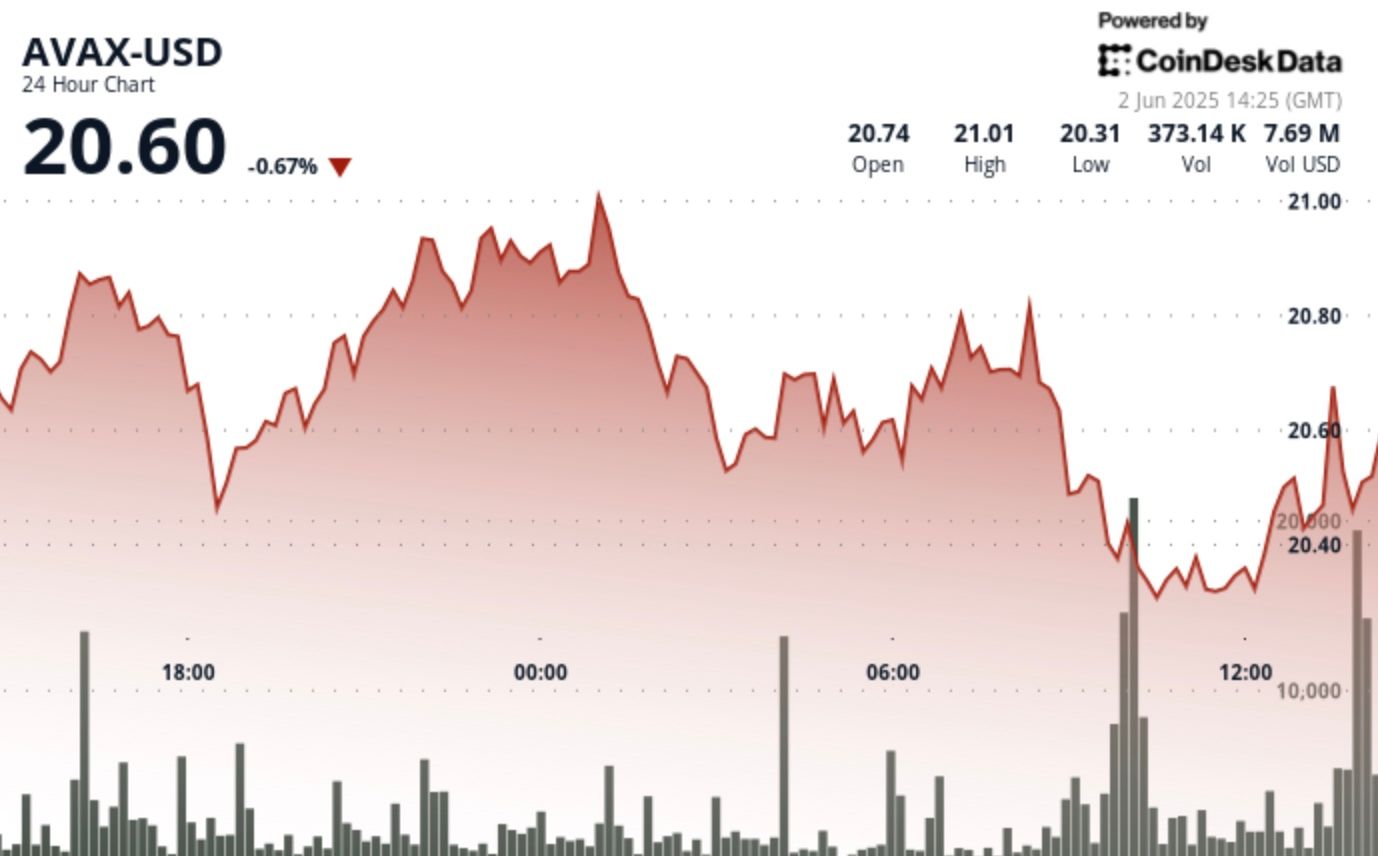

In Brief
Explore the transformative potential of combining IoT and blockchain technologies in enterprise settings. Discover how this fusion enhances security, streamlines processes, and fosters transparency, paving the way for a more efficient and interconnected digital ecosystem. Despite challenges like scalability and interoperability, innovative solutions are emerging, promising to reshape supply chain management, self-driving vehicles, and more.
IoT with blockchain symbiosis has become something that is changing enterprises and adjusting how various devices function with each other and trade in the digital world. An abundance of prospects for innovation, security enhancement, and productivity optimization arise from the combination of blockchain networks and the Internet of Things. In short, IoT blockchain fusion enables safe transactions and decentralized data management, setting the stage for an ecosystem of linked devices that is more transparent and robust.

A key component of this combination is the use of blockchain cloud computing to improve accessibility. IoT devices may keep in touch and exchange data across scattered networks with ease thanks to the decentralized cloud infrastructure powered by decentralization, which reduces potential risks usually related to the centralized data processing operations. It is important for mission-critical applications because it not only enables tools to function independently but also promotes security in data exchanges.
Blockchains and smart contracts provide previously unheard-of levels of automation, allowing devices to carry out preset activities autonomously for the Internet of Things, allowing devices to carry out preset activities autonomously. In order to promote operational efficiency and lower transactional friction, smart contracts—self-executing contracts with the parameters of the agreement explicitly put into code—streamline procedures like asset monitoring, supply chain management, and real-time payments. Smart contracts take the intermediary role out of communication between various IoT devices by integrating business logic into the decentralized ledger, which speeds up and improves accuracy of transactions.
But if we’re talking about blockchain in the Internet of Things, there are certain challenges and problems with their integration but Metaverse Post can assure you that there are some solutions for it as well. Scalability is a major barrier as conventional blockchain networks are unable to handle the enormous amount of real-time transactions produced by IoT. In order to ease this problem and allow decentralized networks to scale horizontally, which will accommodate the exponential expansion of IoT and data streams, sharding and layer-two protocols are examples of scalability solutions that are being investigated.
One of the biggest concerns still is making sure that different IoT tools and non-centralized platforms are standardized and accessible. Because blockchain technologies are dispersed and IoT ecosystems are diverse, it is essential that strong interoperability frameworks and protocols be developed in order to enable smooth data exchange and communication. To overcome this obstacle and fully utilize this new technology, cooperation between industry players, standards organizations, and government agencies is necessary.
Decentralized networks and the Internet of Things have all the abilities to completely transform many aspects of the developing digital economy, including supply chain administration (we’ll discuss it in another article), self-driving vehicles, and etc. In the growing ecosystem of networked devices, enterprises may unleash new efficiencies, improve safety, and creativity by using the power of non-centralized networks and smart contracts.
Disclaimer
In line with the Trust Project guidelines, please note that the information provided on this page is not intended to be and should not be interpreted as legal, tax, investment, financial, or any other form of advice. It is important to only invest what you can afford to lose and to seek independent financial advice if you have any doubts. For further information, we suggest referring to the terms and conditions as well as the help and support pages provided by the issuer or advertiser. MetaversePost is committed to accurate, unbiased reporting, but market conditions are subject to change without notice.
About The Author
Viktoriia is a writer on a variety of technology topics including Web3.0, AI and cryptocurrencies. Her extensive experience allows her to write insightful articles for the wider audience.

Viktoriia is a writer on a variety of technology topics including Web3.0, AI and cryptocurrencies. Her extensive experience allows her to write insightful articles for the wider audience.
Read More: mpost.io










 Bitcoin
Bitcoin  Ethereum
Ethereum  Tether
Tether  XRP
XRP  Solana
Solana  USDC
USDC  Dogecoin
Dogecoin  TRON
TRON  Cardano
Cardano  Lido Staked Ether
Lido Staked Ether  Wrapped Bitcoin
Wrapped Bitcoin  Hyperliquid
Hyperliquid  Sui
Sui  Wrapped stETH
Wrapped stETH  Chainlink
Chainlink  Avalanche
Avalanche  Stellar
Stellar  Bitcoin Cash
Bitcoin Cash  Toncoin
Toncoin  LEO Token
LEO Token  Shiba Inu
Shiba Inu  USDS
USDS  Hedera
Hedera  Monero
Monero  WETH
WETH  Litecoin
Litecoin  Wrapped eETH
Wrapped eETH  Polkadot
Polkadot  Binance Bridged USDT (BNB Smart Chain)
Binance Bridged USDT (BNB Smart Chain)  Ethena USDe
Ethena USDe  Bitget Token
Bitget Token  Pepe
Pepe  Pi Network
Pi Network  Coinbase Wrapped BTC
Coinbase Wrapped BTC  WhiteBIT Coin
WhiteBIT Coin  Dai
Dai  Aave
Aave  Uniswap
Uniswap  Bittensor
Bittensor  Ethena Staked USDe
Ethena Staked USDe  Cronos
Cronos  Aptos
Aptos  OKB
OKB  NEAR Protocol
NEAR Protocol  BlackRock USD Institutional Digital Liquidity Fund
BlackRock USD Institutional Digital Liquidity Fund  Jito Staked SOL
Jito Staked SOL  Internet Computer
Internet Computer  Ondo
Ondo  Ethereum Classic
Ethereum Classic